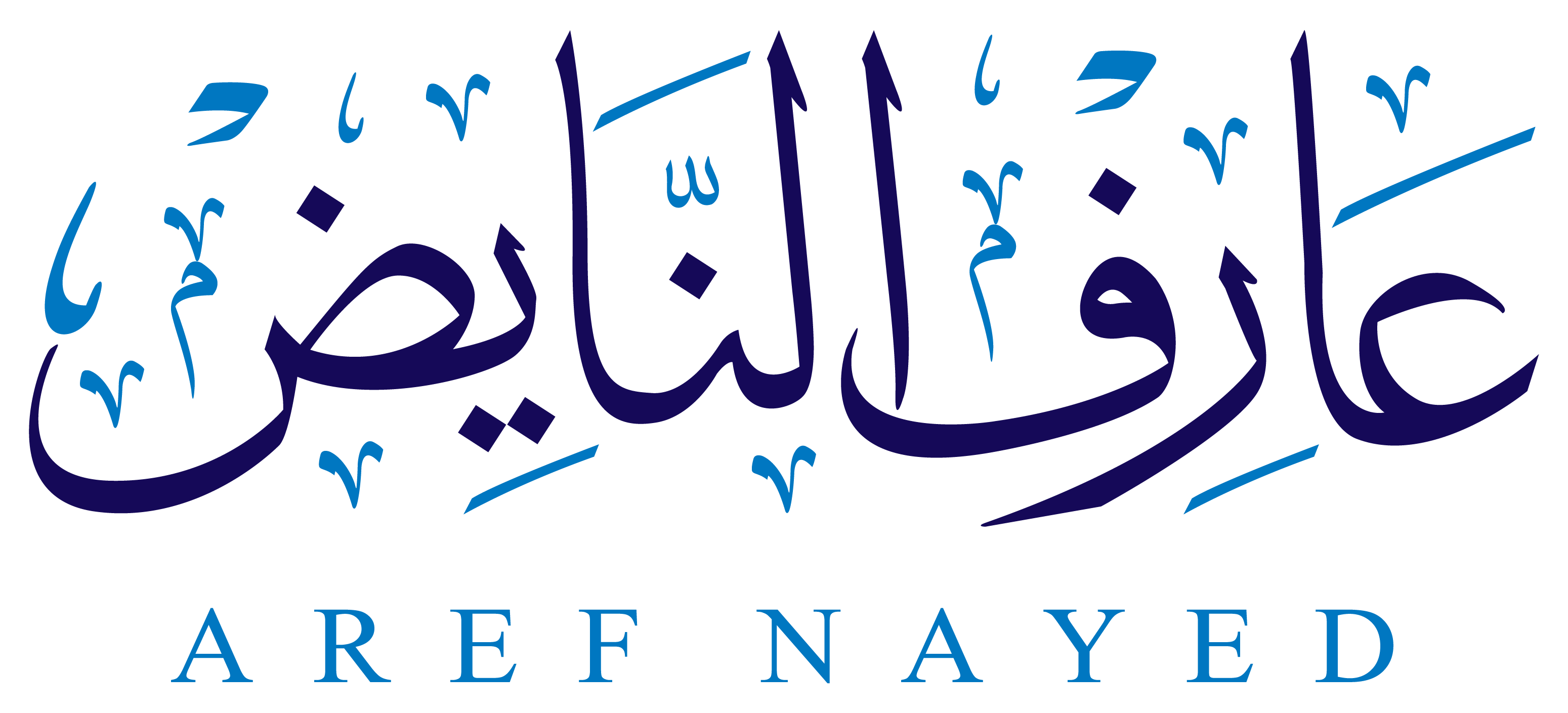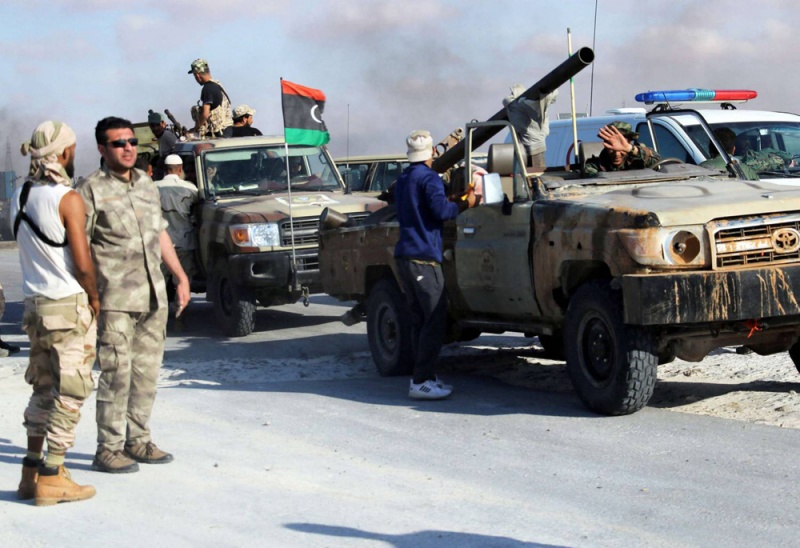Tripoli – Calls have been renewed for the need to change the governor of the Central Bank of Libya, Al-Siddiq al-Kabeer, who is affiliated with the political Islam movement, after the army succeeded Thursday in retrieving the oil ports from an alliance of Islamic militias and others affiliated with the former commander of the Petroleum Facilities Guard, Ibrahim Al-Jadhran.
The army, led by Field Marshal Khalifa Haftar, one of the Islamists’ most prominent opponents, has controlled the oil ports since September 2016, but this has not ended their control over the oil revenues that flow into the central bank.
The great friend, who many Libyans describe as one of the arms of the Islamists, heads the Libyan Central Bank and maintains his position despite his repeated dismissal by the House of Representatives.
Libyan officials fear that the Islamists will use oil money in the upcoming elections, and this fear has increased following a recent meeting between the great friend and the head of the elections commission, Imad Al-Sayeh.
Aref Nayed, a candidate for the presidential elections and former Libyan ambassador to the Emirates, called for the need to liberate the Central Bank from the Islamist control.
“It is inconceivable that the Libyan oil resources will be freed again and again through the blood of the martyrs and the sacrifices of the brave soldiers, in order to hand over their revenues again to the partners of Al Qaeda, the fighting group, the Muslim Brotherhood and the countries that support them,” he added.
Al-Nayed, who is considered one of the staunchest opponents of the Islamists in Libya, said, “Now that the source may be liberated again, we must only be satisfied with the complete restructuring and change of the staff of the Central Bank of Libya.”
This is not the first time that Al-Nayed attacked Al-Siddiq Al-Kabeer, as he had previously accused him of supporting the so-called “Benghazi Defense Brigades” after an attack on the oil ports in an attempt to wrest them from the army.
In turn, Khalifa Haftar accused the great friend of using Libyans’ money to serve his personal interests. “We liberated the oil regions and handed them unconditionally to the National Oil Corporation three years ago, but with the assurance that profits should be distributed between the south, east and west,” he said in statements to the French “John Afrique” weekly last February.
“In fact, all proceeds go to the central bank in Tripoli and the governor distributes them according to his personal interests,” he added. We have evidence of the exorbitant sums some have received. Much of this money was used to bribe members of the House of Representatives. Another part is used to buy mercenaries. ”
During the same interview, Haftar called for the need to exclude the Islamists from the electoral process, saying, “National numbers have been given to foreigners in order to register them in the voter lists, and we know that the money is used to bribe voters. Therefore, the Muslim Brotherhood, which is responsible for the arrival of terrorists in Libya, should not take any action. Responsibility for the conduct of the electoral process ”. The meeting that brought together the great friend and the head of the elections commission supports Khalifa Haftar’s accusations. The meeting, which came after the Paris meeting, which dashed the Islamists’ hopes of delaying the elections, sparked a great controversy in Libya, as a number of Libyans considered it an attempt to control the election commission.
Islamists of all sects are trying to obstruct the holding of the elections, since the UN envoy to Libya, Ghassan Salamé, announced them, whose plan stipulates that they should be held before the end of this year.
Their efforts began with an attempt to obstruct the first part of the plan, which is to amend the Skhirat Agreement to allow for the unification of the executive authority and end the political division, something that Ghassan Salamé realized, prompting him to confirm that the elections will take place whether an agreement is reached on the amendments or not.
As the Libyans prepare to hold the elections next December, the Islamists have returned to talk about negotiations to unify the executive authority, which was considered unnecessary by the Speaker of Parliament, Aqeelah Saleh, if the elections were to take place months later.
The Islamists have lost large areas of Libya since the start of Operation Dignity in 2014, especially in the east and south, while they still control most of the western region, especially the capital, Tripoli. They realize that the elections, if they are held, will lead to their loss, after the decline in their popularity due to their image being linked to supporting terrorism and the militias that establish chaos and prevent the establishment of the state.
Libyan officials say that the political Islam movement is still trying to obstruct the holding of the elections in various ways, the most recent of which was the attack launched by an alliance of Islamic militias with others affiliated with Ibrahim Jadhran on the oil ports.
Al-Nayed considered that “Jadhran is nothing but a front for Al-Qaeda,” calling for the need to “end the Islamists’ power over oil revenues, otherwise victory would be incomplete. “
Source : alarab.co.uk

